
Ensuring Excellence in Essential Oils
Welcome to the Aromatherapy Trade Council (ATC), the UK’s trusted source for safe, quality essential oils. We’re dedicated to helping you choose the right supplier for your needs; whether it’s relaxation, energy, or wellness. Explore our site for informative articles, reliable advice, and to see if your supplier is a trusted ATC member.
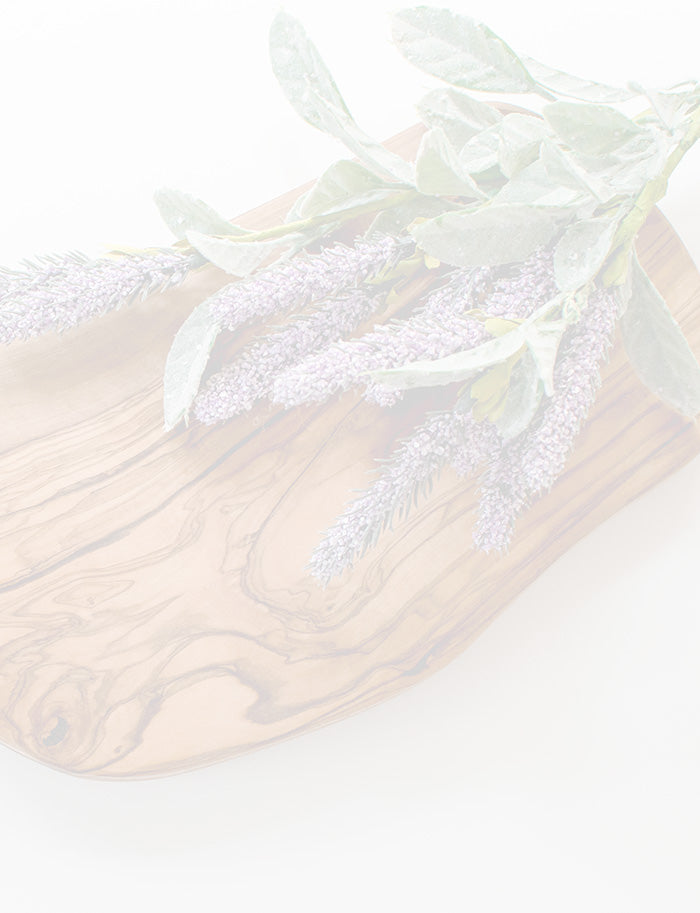
Ensuring Excellence in Essential Oils
Welcome to the Aromatherapy Trade Council (ATC), the UK’s trusted source for safe, quality essential oils. We’re dedicated to helping you choose the right supplier for your needs; whether it’s relaxation, energy, or wellness. Explore our site for informative articles, reliable advice, and to see if your supplier is a trusted ATC member.
-
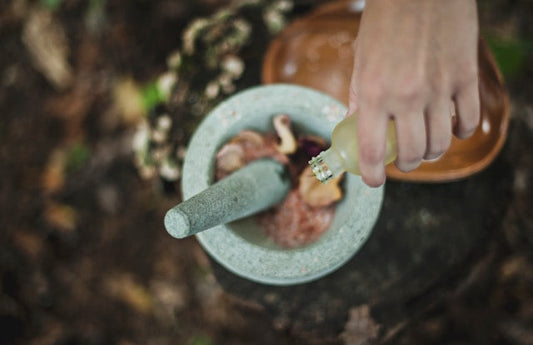
The role of Aromatherapy in managing stress
This article explores how stress conditions are driving the expanding aromatherapy market, highlighting its significance in mental health. Plus, it provides a list of essential oils that are frequently utilized...
The role of Aromatherapy in managing stress
This article explores how stress conditions are driving the expanding aromatherapy market, highlighting its significance in mental health. Plus, it provides a list of essential oils that are frequently utilized...
-
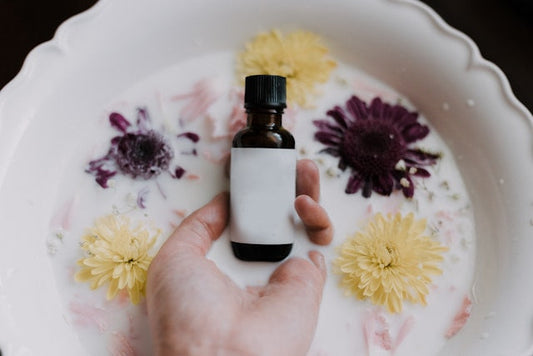
A Beginner's Guide to Aromatherapy
A comprehensive guide to equip you with the foundational knowledge needed to explore aromatherapy confidently.
A Beginner's Guide to Aromatherapy
A comprehensive guide to equip you with the foundational knowledge needed to explore aromatherapy confidently.
-
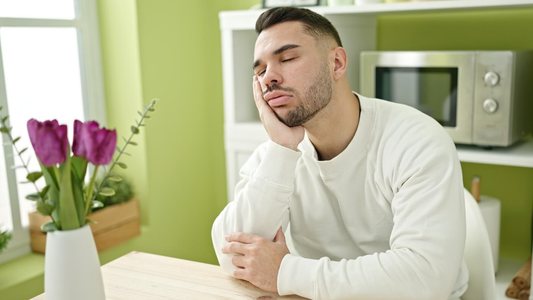
Aromatherapy, the natural solution to chronic fatigue
Aromatherapy can be highly effective in managing fatigue symptoms.
Aromatherapy, the natural solution to chronic fatigue
Aromatherapy can be highly effective in managing fatigue symptoms.
Featured Articles
View all-

Making Your Own Products? Use ATC Resources to Handle the Compliance Headache
Being an aromatherapist and a product maker is demanding enough without having to become a regulatory expert as well. Membership of the Aromatherapy Trade Council (ATC) is designed to save...
Making Your Own Products? Use ATC Resources to Handle the Compliance Headache
Being an aromatherapist and a product maker is demanding enough without having to become a regulatory expert as well. Membership of the Aromatherapy Trade Council (ATC) is designed to save...
-

First Aid in the Home: Be Ready for Life’s Little Accidents
Be ready for life’s little accidents with first aid advice and essential oil remedies from ATC member Lily & Loaf - your guide to calm, confident care at home.
First Aid in the Home: Be Ready for Life’s Little Accidents
Be ready for life’s little accidents with first aid advice and essential oil remedies from ATC member Lily & Loaf - your guide to calm, confident care at home.
-
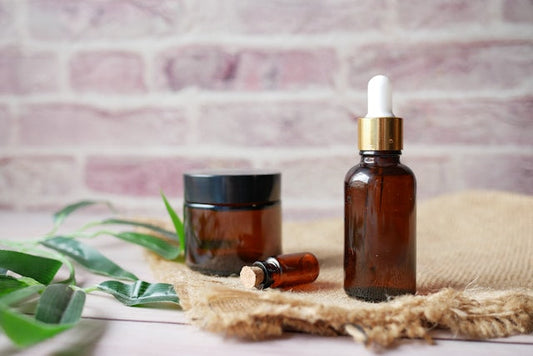
Safe Use of Essential Oils
An insight into the most common ways to incorporate essential oils safely into everyday life.
Safe Use of Essential Oils
An insight into the most common ways to incorporate essential oils safely into everyday life.
-
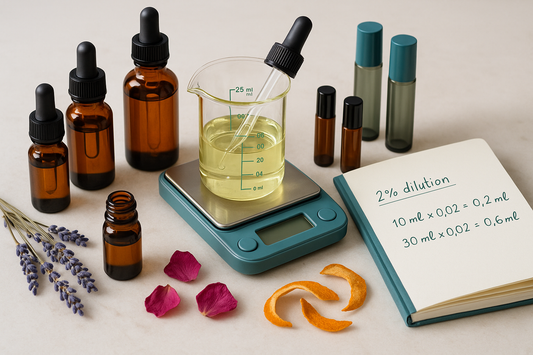
Blending with Essential Oils
Blending essential oils lies at the heart of aromatherapy, uniting creativity with science to achieve balanced and effective results.
Blending with Essential Oils
Blending essential oils lies at the heart of aromatherapy, uniting creativity with science to achieve balanced and effective results.
Subscribe to our emails
Receive updates on regulatory changes, industry news, and essential guidance for aromatherapy businesses and consumers.
-
Become A Member
Join the ATC to connect with trusted, ethical aromatherapy professionals across the UK.
-
Support The ATC
Help uphold safety and quality in aromatherapy by supporting the ATC’s vital industry work.
-
Contact Us
Get expert advice on essential oil regulations and industry guidance from the ATC team.
Introduction to Aromatherapy
What is Aromatherapy?
Aromatherapy, as defined by various practitioners and organizations, is a holistic complementary health and well-being practice that harnesses the natural fragrances and therapeutic properties of essential oils from plants to enhance physical, emotional, and spiritual health.
What are essential oils?
Essential oils are concentrated plant extracts that capture the natural aroma and therapeutic properties of plants.
These natural oils are typically obtained through processes such as distillation and cold pressing.
They originate from various parts of plants and are used for a range of complementary health and wellness purposes as well as natural perfumery.
How do essential oils work?
Essential oils exert physiological effects primarily through their chemical properties and interactions with biological systems.
Upon inhalation, essential oil molecules travel to the brain via the olfactory system, influencing mood and stress levels.
When absorbed through the skin with a carrier oil, they enter the bloodstream and interact with physiological processes.
How do I use essential Oils?
There are many ways to incorporate essential oils into everyday life, but the following are the most common.
Note the amount of essential oil recommended would normally be from one oil or the sum of up to three different oils.
- Inhalation: Using an essential oil diffuser (either candle or electric) to disperse the oil into the air (Up to 1.5% i.e. 18 drops per 50ml of water) or placing a few drops on a tissue (up to 4 drops) and inhaling the fragrance. Clay or wood diffuser discs can also be used.
- Topical Application: Diluted in a carrier oil, lotion or cream and applying to the skin as a massage or a beauty treatment. (up to 1.5% concentration i.e. up to 6 drops in a tablespoonful (15ml)
- Shower gel (Up to 1.5% i.e. up to 6 drops in a tablespoon of fragrance free gel or salt)
- Bath gel: This depends on the amount of water so approximately up to 10 drops ideally diluted in a tablespoonful of neutral bath oil, dairy or plant milk or vodka
- Salt: Depending on the amount of water, up to 10 drops dispersed into a tablespoon of neutral bath gel or vodka and then mixed with a cup of sea, table or Epsom salt.
- Roll-Ons: Diluted essential oils applied to the pulse points from a roller bottle. 1% i.e. up to 6 drops in 25ml of carrier oil
- Room sprays: Essential oils dispersed into water (with a specialist dispersant or alcohol e.g. vodka) up to 2% i.e. 25 drops per 50ml
- Pillow sprays: Essential oils dispersed into water (with a specialist dispersant or alcohol e.g. vodka) up to 1.5% i.e. 17 drops in 50ml
Important note: Some essential stimulating oils have a particularly strong aroma so the dilutions would be lower to avoid an overwhelming fragrance
What is an essential oil synergy?
An essential oil synergy refers to a carefully crafted blend of two or more essential oils that work together to enhance their individual therapeutic benefits. The concept is based on the belief that the combined effects of the oils can produce a result that is greater than the sum of their parts.
By selecting oils that complement each other in properties and aromas, practitioners can create a synergy that addresses specific health and wellness concerns more effectively than a single oil alone.
What is the key compliance legislation that I have to adhere to if I want to make my own products?
The UK regulations for aromatherapy and essential oils include several key compliance legislations. These encompass cosmetic legislation for products applied to the body, general product safety rules, regulations regarding hazardous chemicals, and mandatory registration obligations. Understanding these frameworks and requirements is essential for anyone looking to create their own products, as they can be quite complex.
You don’t have to navigate these complexities alone. By becoming a member of the Aromatherapy Trade Council (ATC), you'll gain access to valuable resources that will help you understand and navigate the legal requirements effectively.
Simplify your aromatherapy journey - join us today!
Purchasing Essential Oils
How do I know if an essential oil is pure and high quality?
Purchase oils from a reputable supplier.
Suppliers certified by the Aromatherapy Trade Council (ATC) adhere to the highest quality standards.
The supplier will provide the GC-MS testing results and the Material Safety Data Sheet (MSDS) upon request, along with the country of origin, the part of the plant it is derived from, such as leaf, flower, twig, peel, or root, and the method of extraction.
How do I ensure that I am buying high quality pure essential oils?
Purchase high-quality essential oils from Aromatherapy Trade Council (ATC) certified suppliers who ensure product authenticity.
Check for the botanical name on the label for plant source verification. Request GC-MS testing results and the Material Safety Data Sheet (MSDS) for transparency on quality and safety.
What to do if I think my essential oil is not genuine
If you suspect that an essential oil is not genuine you can consult Trading Standards
Here, you can find information about consumer rights, guidance on various products and services, and how to report any issues you may have with products you suspect to be non-genuine
How much should I expect to pay for quality essential oils?
Prices vary based on the oil’s rarity, the yield from the source plant, the success of the harvest - which can fluctuate depending on growing conditions, climate, etc. - the country of origin, and the extraction process.
Also, other human factors for instance wars and trade route blockages.
ATC-certified suppliers offer fair pricing that reflects quality and sustainability
What should I do about false medicinal claims?
If you believe an essential oil supplier is making false medicinal claims, report this to the appropriate authorities.
In the UK, contact the Advertising Standards Authority (ASA). In the US, report to the Federal Trade Commission (FTC).
You can also reach out to local trading standards authorities or consumer protection agencies. Additionally, copy your complaint to the Aromatherapy Trade Council (ATC), who are interested in all aspects of the essential oil trade and consumer protection.
About Essential Oils
What is the difference between organic, and non organic essential oils?
Organic essential oils are derived from plants grown without chemicals like pesticides or fertilizers, ensuring their purity and making them suitable for therapeutic uses.
Non-organic essential oils may involve chemical cultivation methods, but they are generally safe and effective when sourced from reputable suppliers.
What is the difference between essential oils and synthetic fragrances?
Essential oils are natural extracts from plants obtained through methods like steam distillation or cold pressing, preserving their therapeutic properties.
In contrast, synthetic fragrances are artificially created scents that mimic natural aromas but lack the health benefits of essential oils.
Many people prefer essential oils for their holistic qualities and potential wellness benefits.
What are nature identical fragrances?
Nature identical essential oil fragrances are synthetic scents that replicate the aroma of natural essential oils using natural chemical components, often sourced from cheaper materials.
While they may smell similar to authentic oils, they lack the therapeutic properties and are produced for consistency and cost-effectiveness, making them suitable for budget products.
What are “Cut” essential oils?
"Cut" essential oils contain synthetic fillers or low-cost base oils and lack therapeutic value.
To ensure authenticity, purchase from ATC-registered suppliers and check for the botanical name on the label.
How long do essential oils last – do they have a use by date?
Essential oils do expire, with a lifespan ranging from 1 to 4 years depending on the type and storage conditions.
They should be kept in cool, dark places to maximize their longevity
Safety
Can I use essential oils on my skin directly?
Essential oils, with the exception of lavender and tea tree, must always be diluted with a carrier oil, also known as a base oil, before applying to the skin.
Common base oils include almond, grapeseed, jojoba, and coconut, while more exotic options include rosehip, argan, avocado, and hemp seed.
Are essential oils safe to use with children?
Most essential oils are safe for use with children over 2 years; however, they are generally diluted more and should always be spot tested first.
The International Federation of Aromatherapists who are registered with the UK Professional Standards Authority publish these guidelines
Will essential oils interfere with medication?
Essential oils that are properly diluted and used according to the supplier's directions are unlikely to interfere with mainstream medications bought over the counter for everyday health and wellness conditions.
However, if you are pregnant or have a medical condition which is being treated with prescribed medication, it is advisable to consult a healthcare provider.
Are there any precautions regarding the use of essential oils?
- Essential oils are highly concentrated and should be diluted with a carrier oil before applying to the skin.
- Conduct a patch test before using a new essential oil, especially if you have sensitive skin.
- If you are pregnant or breastfeeding, consult with a healthcare provider before use.
- Avoid contact with eyes.
- Do not take internally.
- Avoid mucous membranes/sensitive areas of the body
- If you have a medical condition, consult a healthcare professional before using essential oils.
- Consult a healthcare provider if you are taking prescribed medication .
- Keep out of direct sunlight after treatment with citrus oils to avoid the risk of skin photosensitivity
- Keep out of reach of children and pets
- Store in a sealed dark bottle (glass or aluminium) and away from extreme heat
- Use high-quality, pure essential oils from reputable sources such as those registered with the ATC to avoid additives or contaminants that could be harmful.
Are essential oils safe to use on and around pets?
Many essential oils are safe to use around pets, and they are particularly popular for dogs. However, they should be avoided on or near cats.
Essential oil safety notes for pets is published by the National Association for Holistic Aromatherapy
What should I do if I have an allergic reaction to an essential oil?
If you experience an allergic reaction to an essential oil, stop using it immediately and rinse the affected area with plenty of water.
If symptoms persist or if the reaction is severe, seek medical attention right away and report the issue to the supplier.
What is an essential oil allergen?
An essential oil allergen is a naturally occurring chemical compound in an essential oil that can cause allergic reactions or skin sensitisation in some individuals.
These allergens are typically fragrance components that are regulated due to their potential safety risk, especially if applied in excessive amounts
Choosing an Aromatherapist
Why should I seek advice/treatment from a professional aromatherapist?
A professional qualified aromatherapist can help you with your everyday health and wellbeing needs by offering aromatherapy massage treatments or advising you on home remedies.
They select essential oils with therapeutic properties tailored specifically for you, which can be blended for holistic treatments that benefit both your mind and body. They will also advise on specific oils and personalized blends for home use, ensuring you have options that are safe and effective for you and your family.
How do I find a qualified aromatherapist?
Seek treatment from professional aromatherapy practitioners who are members of the ATC, or an organization registered with the UK Professional Standards Authority for Health and Social Care.
This will ensure that they are trained to the necessary vocational, professional, and safety standards and are fully insured.
Can an aromatherapist help with medical conditions?
Aromatherapists cannot diagnose or treat medical conditions. They use essential oils to enhance well-being, suggesting oils for relaxation, sleep, and mood, as well as mild discomforts like pain and nausea. Their expertise can also help during childbirth or cancer treatment.
Always consult a healthcare provider before starting holistic practices, especially if pregnant or with existing medical issues.
What should I expect during a consultation with an aromatherapist?
During a consultation with an aromatherapist, you will discuss your health, preferences, and goals, which helps them create a personalized plan for you. This will involve essential oil blends and usage instructions.
The therapist will ask about your medical history, general health, and treatment goals. This information is essential for developing a safe and effective plan. For example, calming oils might be suggested if you struggle to relax, while uplifting oils could be recommended if you're feeling down.
They will also discuss your lifestyle, preferred aromas, and any skin sensitivities. Based on your responses, the therapist will design a blend of essential oils and a suitable carrier oil, proposing a treatment plan that fits your needs.








